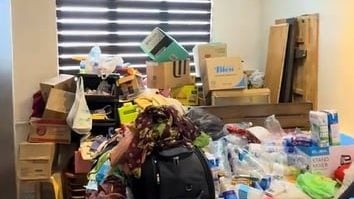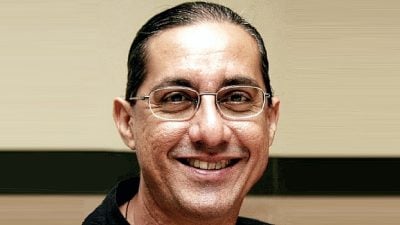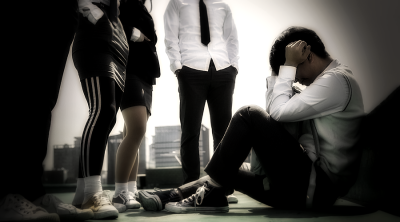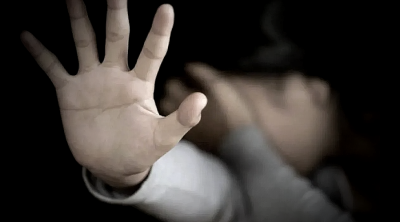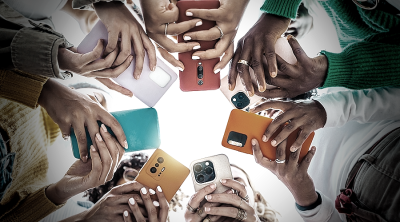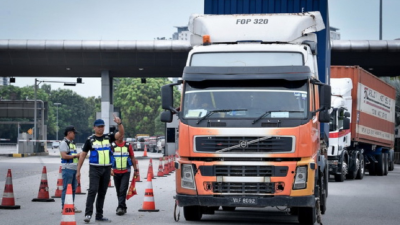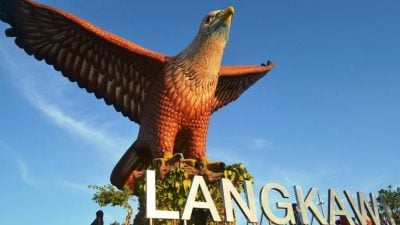We speak out as a community of persons with disabilities, family members, and allies of persons with disabilities, because harmful narratives about disability, autism, and mental illness are increasingly shaping the public response to a devastating tragedy: the fatal stabbing of a student by a younger schoolmate at a school.
Of the many incidents involving children in recent months, this tragedy has cut deeply because of how the public discourse has unfolded before the facts were even known.
It is not only the impact of violence itself but also how quickly public discourse has conflated disability with danger, violence, and threats.
Comments such as “an OKU card will now appear as his biggest defense” or “this is what happens when mentally ill children are in school” are spreading like wildfire online, fueling stigma and misinforming public opinion.
These narratives do real damage to communities, policies, and lives.
Safety is a daily challenge shaped by our lived realities of being disabled and raising children with disabilities.
Our children endure violence, discrimination, and exclusion, affecting not only them but also their families and the broader OKU community.
We worry for the safety and well-being of our children with disabilities in school, even as we pack their bags each night.
These worries are amplified for those with psychosocial disabilities or mental health conditions.
Their families face unique challenges, as misunderstanding, misinformation, and harmful assumptions frequently result in their children being further marginalized rather than accessing the right support.
We grieve deeply for all involved. Our hearts are with the family mourning an unimaginable loss, with the students and teachers whose lives are now forever altered, and with the child accused and his family, whose lives will be irrevocably changed.
This tragedy has shaken us all, demanding that we respond not only with justice but also with humanity.
It is irresponsible to spread hearsay or publish alleged psychological information about the young person’s diagnosis.
It is not our place to judge, to disclose, or to disseminate these speculations. Doing so violates a child’s dignity, privacy, and rights under the UN Convention on the Rights of the Child (UN CRC), Section 15(2) of the Child Rights Act and Section 233 (2) of Communications and Multimedia Act, protection of minors in Malaysia.
These actions harm families raising children with disabilities, particularly hidden or psychosocial disabilities, who already face intense scrutiny from society.
We are alarmed by reports that some media outlets have revealed or hinted at the identities of both children in this case and previous ones.
This is not only unethical but also dangerous, exposing minors and their families to harassment, stigma, and public judgment.
We call on all media to respect child protection, privacy, and journalistic responsibility.
An OKU card or a mental illness diagnosis does not shield one from accountability. It is a mechanism for support and rights protection. Weaponizing it in public discourse misleads and stops them from seeking support.
Research shows that people with psychosocial disabilities or mental health conditions are far more likely to be victims of violence than perpetrators, and there is no causal link between autism and violence.

Global studies also reinforce that violence often stems from social conditions, trauma, unmet needs, and environmental stress, not diagnoses.
None of us is excusing harm. The law and justice must run their course. But the language we use matters.
To perpetually link violent acts as a symptom of disability and a mental illness diagnosis, we become directly responsible for reinforcing fear, upholding myths, silencing families’ struggles, and isolating children.
Thus, creating a society that sees exclusion as the only way to keep schools safe. We must do better.
Adolescence, with or without disability, is a complex and fragile period shaped by identity, pressure, emotion, and unspoken pain.
Responding with anger or sensationalism ignores this complexity.
Parents of children with disabilities share the same hopes and fears for their children as any other. Yet, harmful narratives influence policy and attitudes, determining whether their child will be supported or excluded at school.
These narratives have now reached every parent who is often blamed for their child’s condition. It also reaches those who choose not to disclose it, and we then question why they make that choice.
It touches every child labelled “hi I’m dangerous” because of autism, ADHD, mental illness, or trauma, and every teacher who feels unequipped to support them.
That simple intention of “sharing” information or expressing one’s opinion does have far-reaching consequences for vulnerable communities.
Policing and exclusion do not build safety. We must build systems that support, not punish. And integrate psychological first aid and psychosocial services into schools, train staff to respond with compassion, and create environments where difference is part of humanity, not a threat.
We must make schools places of safety and inclusion, with psychological support embedded in education.
We are calling for good ethics and accountability from media practitioners, policymakers, educators, and the wider public. We must reject harmful speculation and stereotypes of mental illness or disability.
We continually remind all of us to pause, to reflect, before posting or sharing these narratives.
Before assuming mental illness would explain violence, ask: are we sensationalizing? Are we contributing to understanding or reinforcing harmful stereotypes? Are we harming an already stigmatized community? Are my words helping us heal or fueling fear?
True safety is not achieved by removing differences but by supporting and protecting every child, including those with psychosocial disabilities or experiencing mental illness.
This tragedy must remind us to show up better for those who are still in school and deserve safe, supportive environments.
And keeping a child out of school because of a condition they have is not the answer here.
(Endorsed by 276 individuals and organizations from the OKU community and allies. Click for list of signatories.)
ADVERTISEMENT
ADVERTISEMENT






